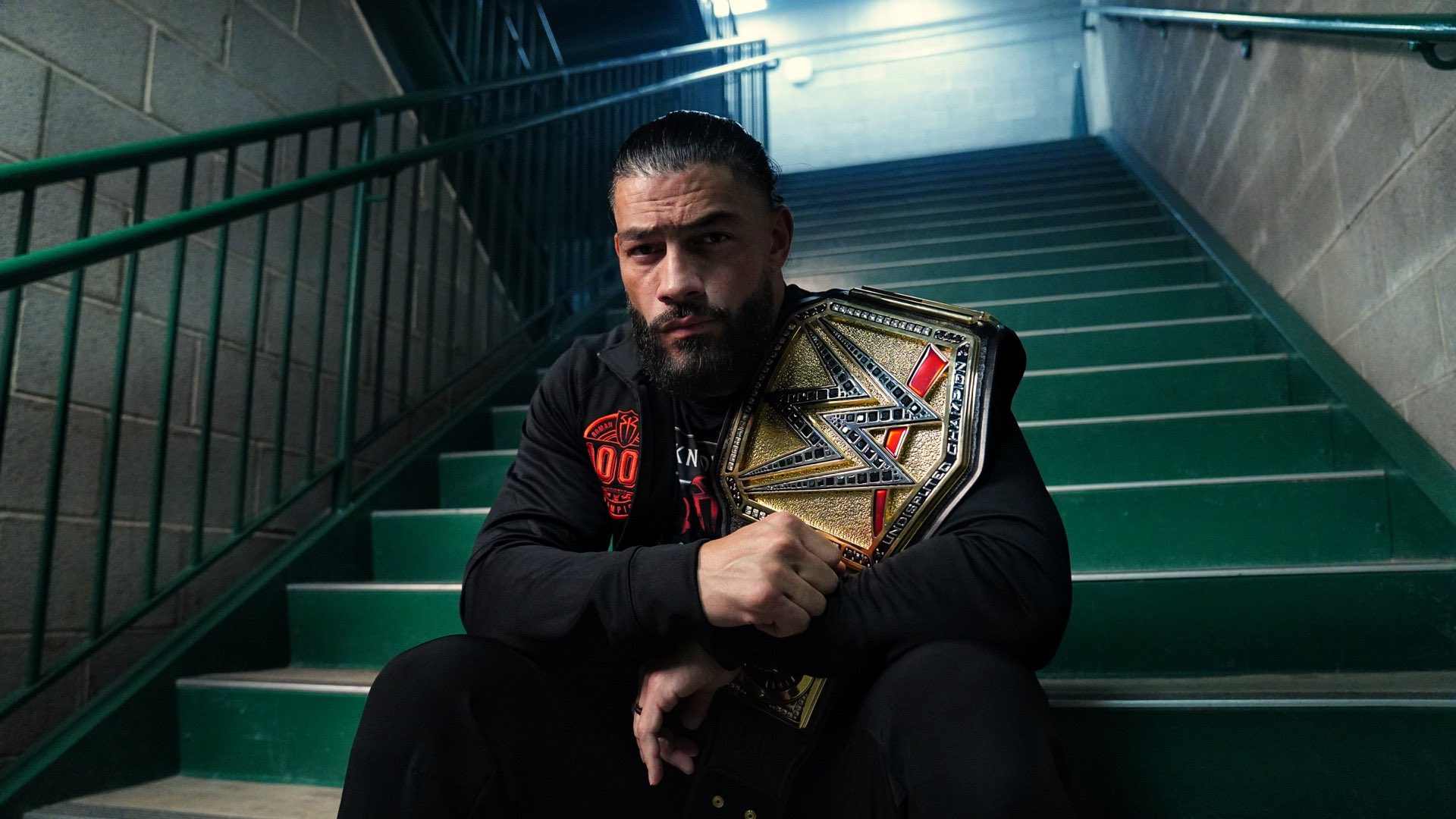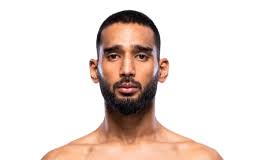The Role of Sports Science in UFC: Enhancing Fighter Performances
MMA is represented by the biggest promotion company in the world, the Ultimate Fighting Championship (UFC), which features some of the most prepared and strong-willed fighters in the world. Over the years, the application of sports science to the fighter’s performance has also grown with the sport. The application of sports science in the UFC comprises multiple areas such as physiology, nutrition, psychology, biomechanics, and recovery. Many of these developments do not only improve the performance of fighters in the cage but also their well-being in the sport.
Physiological Conditioning
Cardiovascular Training
Endurance is also very important in MMA due to the nature of the fights, which last a maximum of 25 minutes. Modern cardiovascular training that was developed in the framework of sports science corresponds to the specific demands of MMA. Applying HIIT and sport-specific drills improves aerobic and anaerobic performance, and fighters can perform at their best during fights. VO2 max and lactate threshold are used to assess and train the cardiovascular system in order to maintain high levels of performance and rapidly return to these levels in between the rounds.
Strength and Conditioning
The strength and conditioning programs implemented in the UFC are highly structured and formulated according to the guidelines of sports science. Periodization, a systematic planning of athletic training, helps in the systematic manipulation of training loads and intensity in order to achieve a perfect performance without the risk of overtraining. Strength-power, strength-endurance, and power-endurance exercises are involved in resistance training, plyometrics, and functional training, with particular focus in MMA. Muscle activation patterns are studied through techniques such as electromyography (EMG) so as to enable the fighter to produce powerful yet efficient movements.
Nutrition and Hydration
Personalized nutrition plans
It is therefore evident that nutrition is highly essential in the UFC in order to achieve the best results in fighting and also for better results in the recovery process. Also, sports nutritionists develop diets according to the fighters’ metabolic rates, the frequency and intensity of training sessions, and the weight divisions. Macronutrient partitioning is properly conducted to provide energy needed for muscle repair and growth as well as to lose excess fat. Carbohydrate periodization and protein timing are used in an attempt to facilitate glycogen storage and muscle protein synthesis. Also, micronutrient supplements work towards eradicating specific nutrient deficiencies and also offer general health benefits.
Weight Management
One of the key concepts in preparing for a fight is weight-cutting, but sports science provides more effective and safer ways. Hydration testing and body composition analysis assist fighters in achieving weight loss goals in the most appropriate manner that will not affect muscle mass or performance. Methods like watering the body, altering the levels of sodium, and using a controlled carbohydrate diet plan are scientifically developed to ensure the body achieves the necessary weight without the dangers of dehydration or other electrolyte imbalances. It is also important to learn what must be done in the post-weigh-in period to drink and eat to replace the lost fluids and energy.
Psychological Preparation
Mental Conditioning
The psychological factor in such a fight is as important as the physical one. It is the job of sports psychologists to help the fighters of the UFC and other combat sports build up their psyche, concentration, and tenacity. Methods like visualization, setting objectives, and mindfulness meditation help to focus and decrease stress. Techniques of cognitive behavior assist the fighters to reduce stress, overcome pre-fight anxiety, and develop a proper psychological outlook. Mental conditioning not only enhances the performance of athletes but also helps in the recovery process in case of failures and losses.
Stress Management
The UFC environment exerts substantial pressure, which causes stress, thus affecting training and performance. Stress management is one of the aspects covered in sports science, and relaxation techniques, breathing exercises, and biofeedback are part of stress management. Therefore, cortisol levels should be regulated, and HRV should be used to know when fighters can take heavier loads during training. Recovery is also stressed through practices of sleep hygiene, where sufficient sleep is deemed necessary for the body and mind to recuperate.
Biomechanics and Technique Optimization
Movement Analysis
Biomechanics is very important when it comes to analyzing techniques and possible ways of minimizing the occurrence of injuries. The use of motion capture along with high-speed cameras helps in studying the movements of the fighters and then determining which parts of their performances are inefficient. This method assists in achieving higher efficiency and effectiveness of the striking, grappling, and defense moves. For the biomechanical feedback, the fighters can also find it useful to enhance balance, coordination, and agility.
Injury Prevention and Rehabilitation
Pain is always a component of the UFC, but sports science has ways of reducing the chances of incurring these injuries and ways of healing. The flexibility, stability, and mobility exercises that are usually done before any training session as a warm-up, known as prehabilitation exercises, can minimize injuries. FMS is a tool that helps find the problematic areas and any signs of unilateral weakness and prescribes specific exercises to correct the issues. When an injury occurs, the sports physiotherapists use scientific approaches to treatment such as manipulation, cold therapy, and electrical stimulation to enhance the healing process and facilitate a safe reintegration into training.
Recovery Strategies
Active Recovery
Recovery is an essential element of the training process for every athlete. Low-intensity aerobic activity, stretching, and yoga are effective passive recovery activities that assist in increasing blood flow, decreasing muscle hardness, and promoting relaxation. Such methods are backed by research that proves their efficiency in the process of recovery and as a tool to combat overtraining.
Technological Aids
Higher recovery technologies are gradually being applied in the UFC. It is proven by science that wearing compression garments and applying cryotherapy and hydrotherapy decreases inflammation, muscle pain, and exhaustion. Some examples of equipment include a pneumatic compression system and electrical muscle stimulation that is used to enhance circulation and muscles, respectively. Some of the monitoring tools include wearable technology, which can give fighters information on their rate of recovery in real-time, so they can adjust their recovery methods successfully.
Integrative Approaches
Holistic training programs
The principle of an integrative approach implies the use of several aspects of sports science to achieve optimal results. It is a comprehensive training regime that combines physical fitness dimensions, vitamins and minerals, mind and body, and rest and recuperation. The cooperation of coaches, nutritionists, psychologists, and physicians guarantees the effectiveness of all the processes related to the preparation of the fighter.
Data-Driven Decisions
In sports, the use of data collection and analysis to determine training and performance practices is paramount in sports science. GPS watches and other wearable devices like heart rate monitors and accelerometers give great information on training, training density, and recovery. Big data solutions enable one to find trends, monitor performance, and make decisions. Such an approach helps to reduce the number of assumptions and increases the accuracy of training programs.
Case Studies
Success Stories
Many UFC fighters have had the advantage of using sports science. For instance, the former UFC champion in the middleweight and welterweight division, Georges St-Pierre, relied on numerous comprehensive methods that included strength and conditioning, nutrition, and mental coaching to dominate his division. It can also be argued that his fitness and power to recover from injuries are things that have been made possible through sports science. Likewise, there are current examples of fighters who utilize high-technology methods, such as motion capture and personalized diet plans, like the famous UFC fighter Conor McGregor.
Ongoing Research and Innovations
It is noteworthy that the field of sports science is considered an active one, and constant research is carried out to create new innovations and improvements. Research on altitude training, cryotherapy, and other nutritional supplements that are relatively new in the field is improving the knowledge base of performance enhancement. It was founded in 2017 to act as the research and development arm of the company and offer its fighters the best facilities. This institute works with universities and research centers to perform studies that provide comprehensible data for the effective training of MMA.
Future Directions
It is possible to state that the future of sports science in the UFC is rather promising, with several trends. One such trend is the application of genetic testing to help fit training and nourishment regimens based on the fighter’s genes. Knowledge of genetic tendencies may be useful in predicting training adaptations and preventing injuries. Another area of development is the application of artificial intelligence and machine learning, which could help analyze a lot of performance data. AI can forecast the performance outcomes and recommend the alterations in training to be incorporated into the training process, thereby making the process efficient and effective.
Also, the method of virtual reality training is emerging in sports science. Fighters can use VR to mimic fight conditions, and they can rehearse their actions to perfection. It can also be applied in mental training, where fighters will be taken through a mental tour of their match-up fights.
Conclusion
Indeed, the field of sports science is crucial in the UFC, which can provide comprehensive methods for improving fighters’ performances. Starting from the influence on the physical state of a fighter through food intake regulation up to the psychological preparation and recovery from the fight, sports science offers methodologies and information on how to manage and enhance all aspects of the fighter’s training and the fight itself. Sport continues to develop, and as it does, the application of sports science is set to become a major part of the development of the UFC, thus allowing fighters to perform at the peak of their abilities and sustain that level without causing long-term damage to their bodies. These strategies will only continue to be refined as technology and research progress, making sports science a constant key to unlocking success in the field of MMA.


















